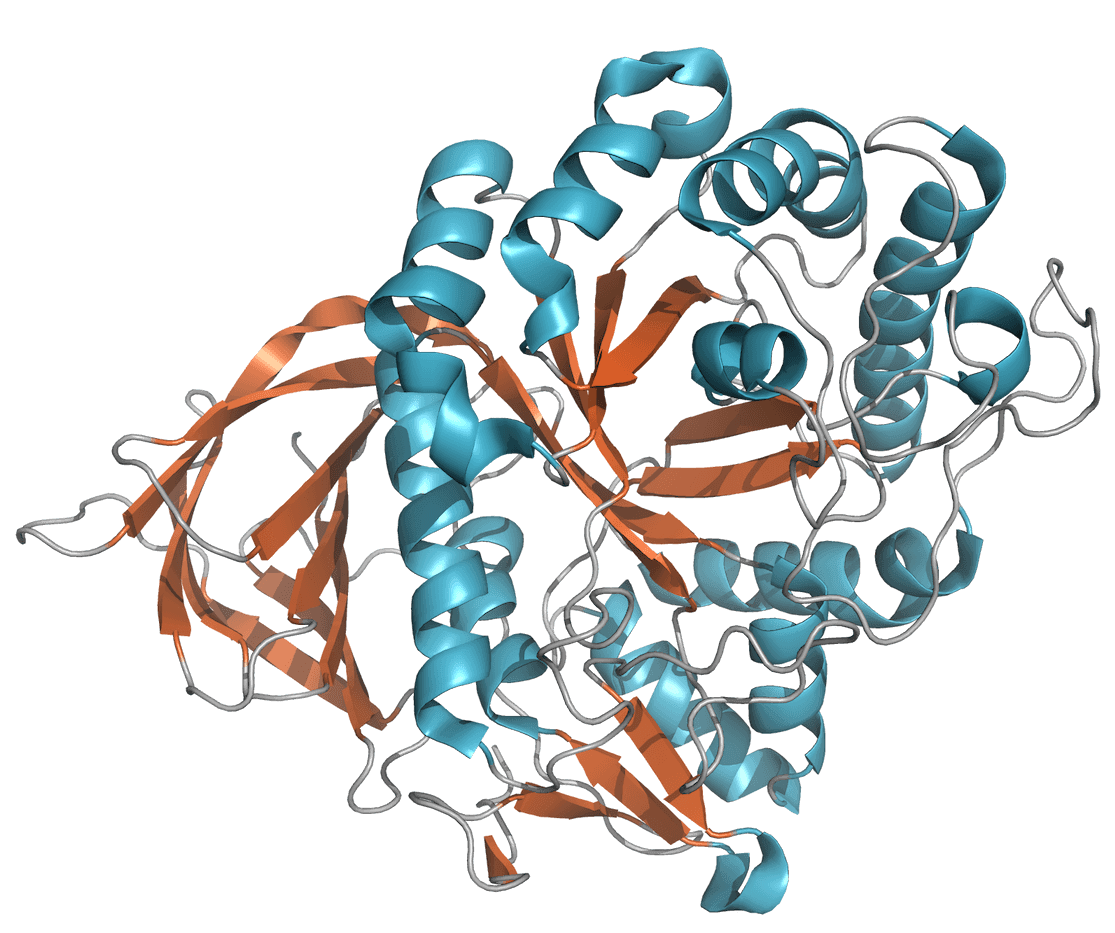Our Programs /
Toward a life-changing new therapy

Building on our breakthroughs to alter the course of Parkinson’s disease
No disease-modifying therapies currently exist for Parkinson’s disease. Leveraging our more stable GCase85 enzyme, our gene therapy candidate, SPR301, could change that.




Toward a disease-modifying gene therapy
Our product candidate, SPR301, uses an AAV9 capsid, known for its broad distribution across the brain, to deliver GCase85 to areas of the brain impacted by Parkinson’s disease. In a series of preclinical studies, SPR301 demonstrated substantially higher GCase activity and greater reduction of toxic substrates than delivery of wildtype GCase, as well as a greater reduction in α-synuclein, a hallmark of Parkinson’s disease.
Based on the data from preclinical studies, we believe SPR301 has the potential to change the course of GBA1 Parkinson’s disease at doses with a favorable safety profile. We are conducting additional preclinical studies and plan to initiate a Phase 1/2 clinical trial for SPR301.



